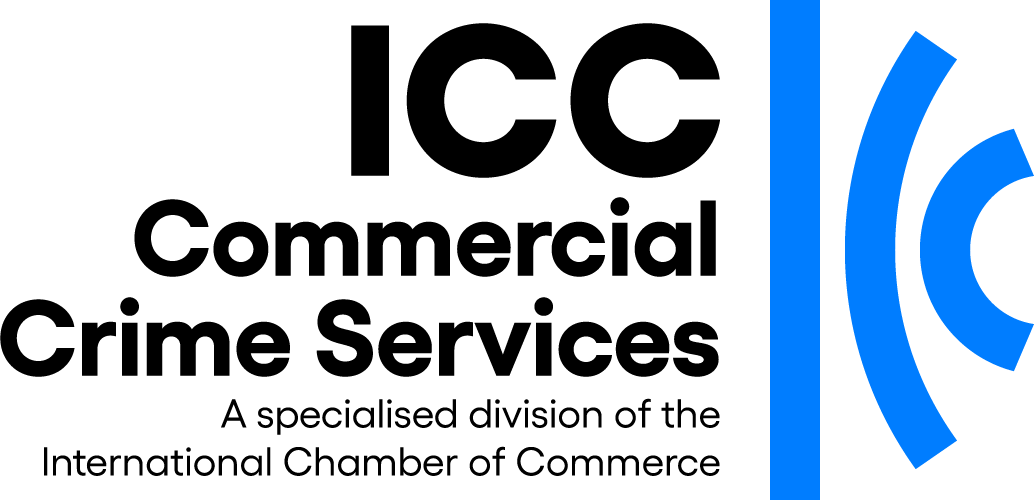
 The fight against money laundering has been given a further boost now that the European Parliament has backed proposals for tax authorities across Europe to automatically share details about bank account holders.
The fight against money laundering has been given a further boost now that the European Parliament has backed proposals for tax authorities across Europe to automatically share details about bank account holders.
 The fight against money laundering has been given a further boost now that the European Parliament has backed proposals for tax authorities across Europe to automatically share details about bank account holders.
The fight against money laundering has been given a further boost now that the European Parliament has backed proposals for tax authorities across Europe to automatically share details about bank account holders.
Parliament voted 590 against 32, with 64 abstentions, to back an update to Directive 2011/16/EU proposed by the EU Commission in July this year.
The new rules come into force immediately and EU members have until December 2017 to implement the changes.
The directive will require member states to provide access to information on the beneficial ownership of companies – the real owners of bank account balances, their interest income and dividends.
It will enable tax authorities to access that information when monitoring the proper application of rules on the automatic exchange of tax information, and thus help prevent tax evasion and tax fraud.
Significant progress has been made in recent years to enhance tax transparency and strengthen cooperation between member states’ tax authorities.
However recent expose such as those highlighted in the Panama Papers which revealed large-scale concealment of offshore funds, showed that further measures need to be taken.
Specifically, tax authorities need greater access to information on the beneficial ownership of intermediary entities and other relevant customer due diligence information.
Where a financial account holder is an intermediary structure, banks are required to look through that entity and report its beneficial ownership.
During deliberations in the European Parliament, Giovanni Kessler, Director-General of the European Anti-Fraud Office called for a standardised, interconnected, easy-to-use registry of national bank accounts which would be available to all EU enforcement agencies.
“Knowing bank accounts are traceable would have a powerful deterrent effect on individuals using them to pay bribes. Traceability would also increase detection rates of fraudulent activities and increase the possibility of control,” said Mr Kessler.
Klaus Meyer-Cabri, German member of Eurojust, the EU agency dealing with judicial cooperation in criminal matters, said there had been a steady rise in the number of money laundering cases in recent years, but that the release of the Panama Papers had provided the first-ever opportunity for national tax authorities to talk to each other.
In welcoming the move, ICC Commercial Crime Services (CCS) said any effort to enhance cross-border cooperation and information sharing is encouraging.
“These measures will ensure more effective investigations of financial wrongdoing as this is the big data law enforcement needed to identify and stem economic crime,” CCS said.
CCS already does extensive background investigations and due diligence checks for its members in matters relating to money laundering and fraud through its Financial Investigation Bureau (FIB).
More details about FIB’s work in tackling financial crime can be found at https://icc-ccs.org/icc/fib






